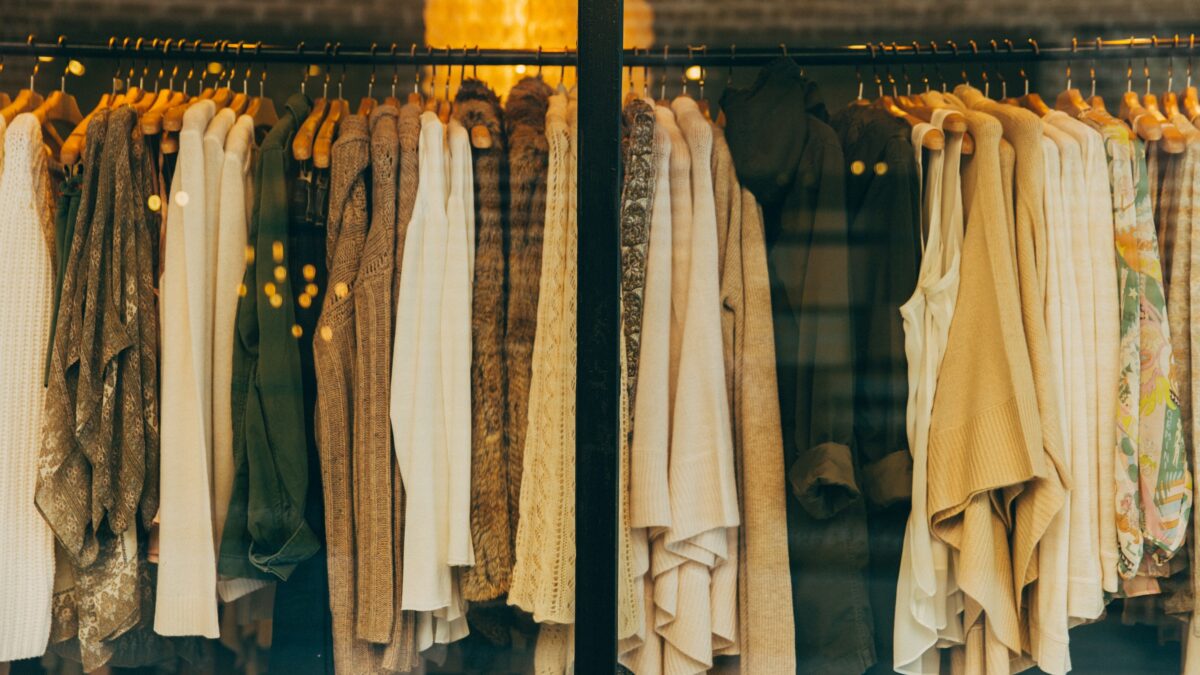Sustainability is such a buzzword these days. But should it just be a buzzword or something to be embedded in our day-to-day lives? A motivation for someone to be sustainable is often a personal one and it sometimes gets quite complicated.
Today, a lot of companies wear the sustainability badge with pride. But are these companies doing it solely because they believe in it or due to pressure from the public? Sustainability is loosely defined as meeting the needs of the present without compromising future generations. One of the industries facing the biggest pressure when it comes to sustainability is the retail industry because all of us have a customer experience with retail. Every day, we consume something from the retail industry whether it’s our e-commerce consumption, fast-moving consumer goods purchase, or fashion retail purchases.
Therefore, the question is: what does the future for retail look like in order for them to embed sustainability in their business model and day-to-day operations?
Retailers certainly need to rethink their business model
It starts with sourcing
First things first, retailers can’t run away from sourcing sustainably. Sourcing raw materials that are sustainable is the starting point and an essential first step. Sourcing sustainably enables companies to produce sustainable products that are appealing to consumers who are sustainability advocates. In fact, the majority of customers today want to purchase items only from companies that care about the environment and society. Long gone are the days when companies only need to think about maximizing shareholder’s value and profits. It is the era of maximizing stakeholder’s value—what’s in it for everyone, from shareholders to employees to the world.
Textile waste makes up 5% of US landfills
Rethink the business model
Next, retailers certainly need to rethink their business model, marketing tools, and end-to-end supply chain operation. Society no longer tolerates unacceptable actions by companies that do not provide a decent workplace for employees which should be a basic human right. The collapse of the garment factory at Rana Plaza in 2013 was a wake-up call for the fashion industry and hopefully shall not be repeated. Retailers need to incorporate sustainability into their business model that contributes back to the circular economy. When innovating their business model, decision-makers need to take into consideration who and what is involved in the whole process from developing the product to disposal of the product.
Today, a lot of companies wear the sustainability badge with pride.
Secondhand is the new cool
It’s about time retailers think about how to make secondhand cool or produce quality products that will last longer so that customers do not have to replace them. Retailers can offer a platform for buying back the items, refurbishing them, and re-selling them again to the market. This helps retailers to reduce waste and provides a secondhand product with a chance to be utilized again. Luxury retailers have started utilizing this method, and in fact, this has provided a new revenue stream for luxury retailers because there is demand for exclusive secondhand products and there is a group of customers who are willing to purchase it at a higher price because they see a value in it.
It is the era of maximizing stakeholder’s value—what’s in it for everyone, from shareholders to employees to the world.
Rent your outfit
Over the years, there has been a huge shift in consumer behavior because social media has made people obsessed with comparing their lives with others. This behavior has resulted in overconsumption because the consumer wants to showcase their latest technology or be on trend with the latest fashion. The fashion retail industry could consider a rental option for their products to feed customer’s need to constantly be on trend. The rental option provides consumers with a new way to manage their closets to avoid hoarding and waste. According to H&M Sustainability Report, textile waste makes up 5% of US landfills and could fill 32,750 Boeing 747s Creating a rental option helps to reduce the waste because more people can own the same item within a different timeframe and provide the apparel a longer lifecycle. Ralph Lauren recently has launched the Lauren Look, a rental subscription program whereby customers receive a few items of apparel and are able to mix and match the style. Customers have the option to keep the items and pay for it or return it after one month and receive another set of clothes the following month.
If we don’t start preserving the world we live in, what’s left for future generations?
There are myriad options for retail companies to rethink and embed sustainable practices into the company’s business model. Sustainability is not just a trend and for far too long we have seen companies merely practicing greenwashing to appeal to the different stakeholders. If the retail industry doesn’t do it right, who will? If we don’t start preserving the world we live in, what’s left for future generations?


